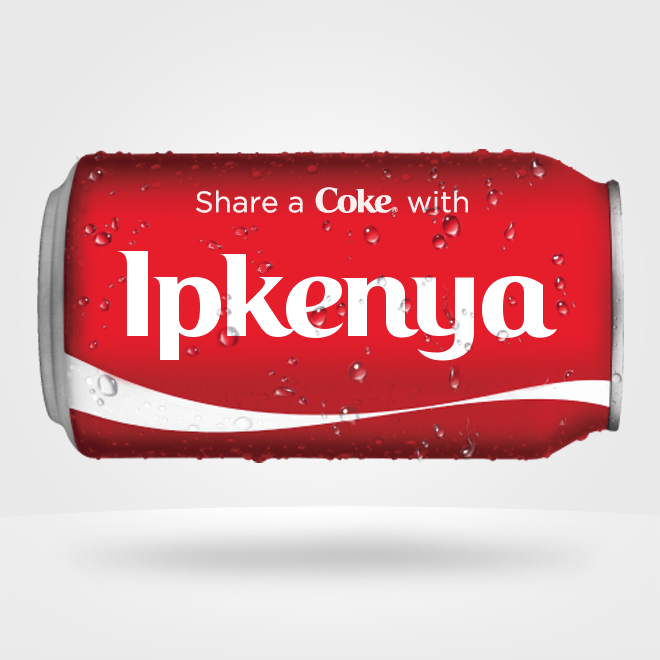
This past month, most of the main intellectual property (IP) stories making news happened to have a corresponding twitter hashtag. As an enthusiast of both IP and Social Media Law, this blogger hopes that this confluence of trending IP stories continues throughout the year.
On January 30, 2015, a stakeholders’ workshop on the formulation of a piece of legislation on Culture. This #CultureBillKE topic arises from a constitutional obligation on the Legislature to enact this law on Culture within the first five years from the date of promulgation of the Constitution. Therefore the deadline for enactment of a National Culture Bill is no later than August 27, 2015! In preparation for the workshop, the Ministry has circulated a zero draft of the Bill available here. During the workshop, the participants confirmed this blogger’s earlier concerns that the draft Bill does not address important concerns touching on the promotion and protection of traditional knowledge (TK), traditional cultural expressions, folklore as well as certain in situ genetic resources.
Earlier in the month of January, the topic of #DigitalMigration arose prominently both online and offline. The topic went viral following a controversial television (TV) infomercial by Royal Media Services (RMS), Nation Media Group (NMG) and Standard Group (SG) on their respective TV channels in which they allege that GOTv and StarTimes are broadcasting the former’s TV channels without consent thereby infringing on the copyright and related rights of RMS, NMG and SG. The advert goes further to advise members of the public not to purchase GOTv and StarTimes set top boxes until RMS, NMG and SG launch their own set top boxes. This advert came in the wake of an order by two judges of the Supreme Court on January 5, 2015 temporarily blocking the Communications Authority of Kenya from switching off the analogue signals of the three media houses after the latter made an urgent application requesting more time to complete the migration from analogue to digital broadcasting.This blogger weighed in on the numerous IP-related risks associated with the advert even as GOTv and StarTimes successfully applied for an injunction to stop the airing of the advert.
January 2015 was an exciting month for many Kenyans as the “Share a Coke” campaign kicked off in Kenya. The #ShareACokeKE promotion is part of the Coca Cola Company’s hugely successful “Share A Coke” international promotion which originally started in Australia in 2011 and has since been rolling out around the world, making its African premiere in South Africa towards the end of 2013. This promotion, targetted mainly at teens and millennials, is intended to allow people to take the Coca-Cola script and replace it with their name on a bottle or can of the well-known beverage. For those with less popular or rare names, the digital version of the “Share a Coke” promotion allows users to create a virtual can with their names which is generated in .png format and available for download and social media sharing. This particular story is one that underscores the important intersection between IP and social media. The #ShareACokeKE campaign allows Coca Cola to have unrestricted IP rights to use, modify, copy and store user-generated content not to mention the increased traffic to the Company’s web and social media platforms.
Meanwhile, Kenya’s leading mobile network operator Safaricom Limited launched #ZinduaCafé, an idea submission web portal which allows registered users to submit ideas, applications or prototypes to Safaricom. Once these submissions are made to Safaricom, the telecommunication giant will review them internally and send either a ‘interested’ or a ‘regret’ response to the user. If Safaricom is ‘interested’ in any submission, the user will be offered a non-disclosure agreement and commmercial contract governing Safaricom’s intended implementation of the submission. Although this blogger commends #ZinduaCafé for being an excellent source for unsolicited legal advice on IP rights protection, the portal’s aim is abundantly clear: to coax as many Kenyans as possible to disclosing their creations, innovations and inventions for the benefit of Safaricom.
Other trending topics we discussed this past month include #WTR1000 and #JamboPay.